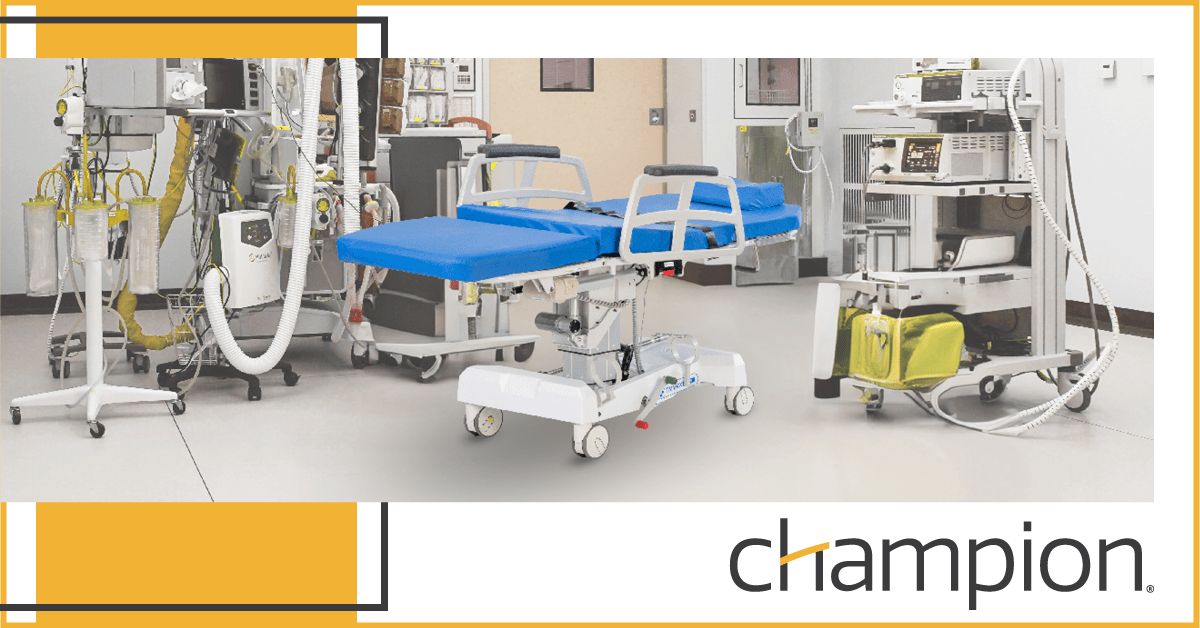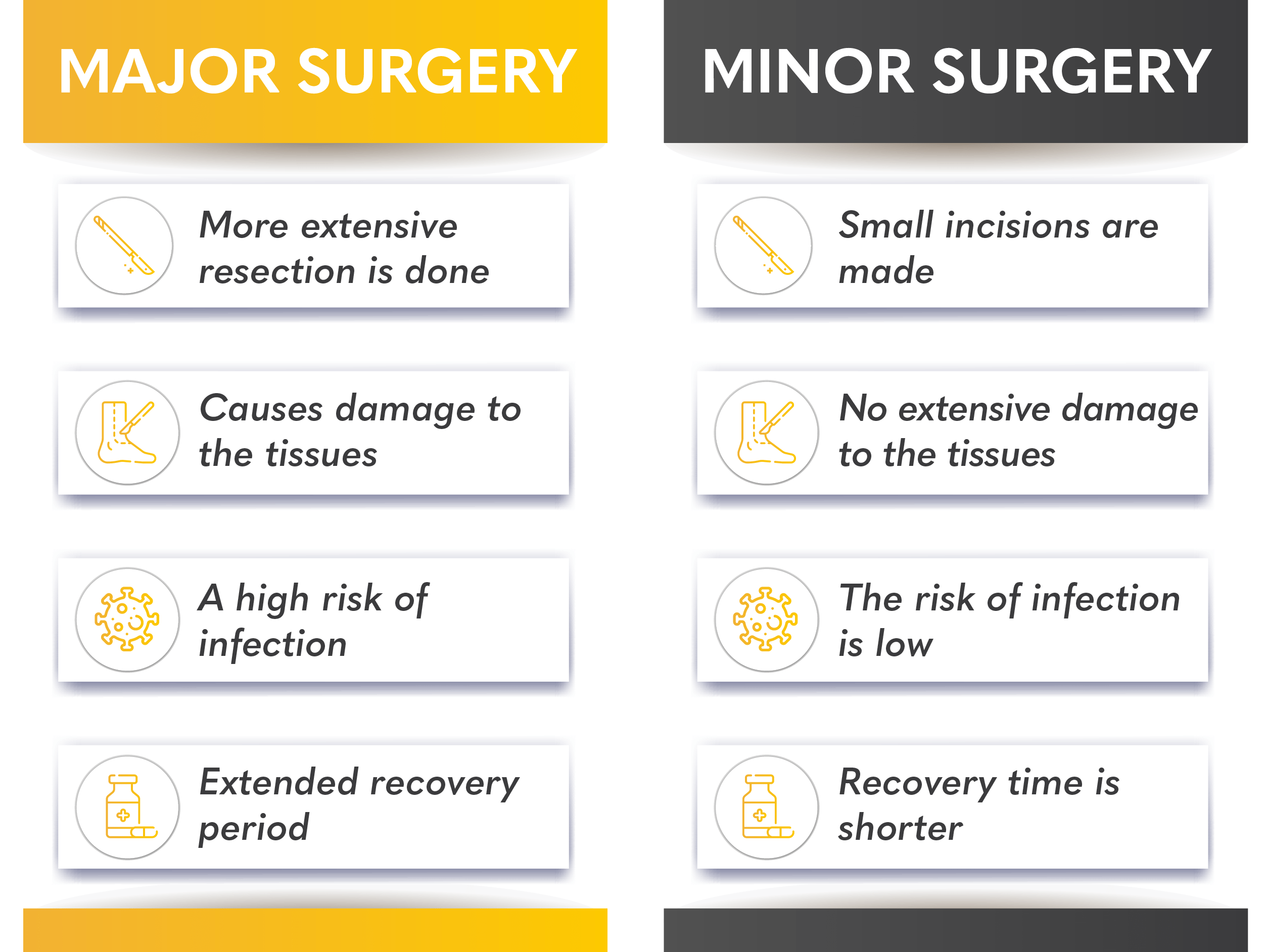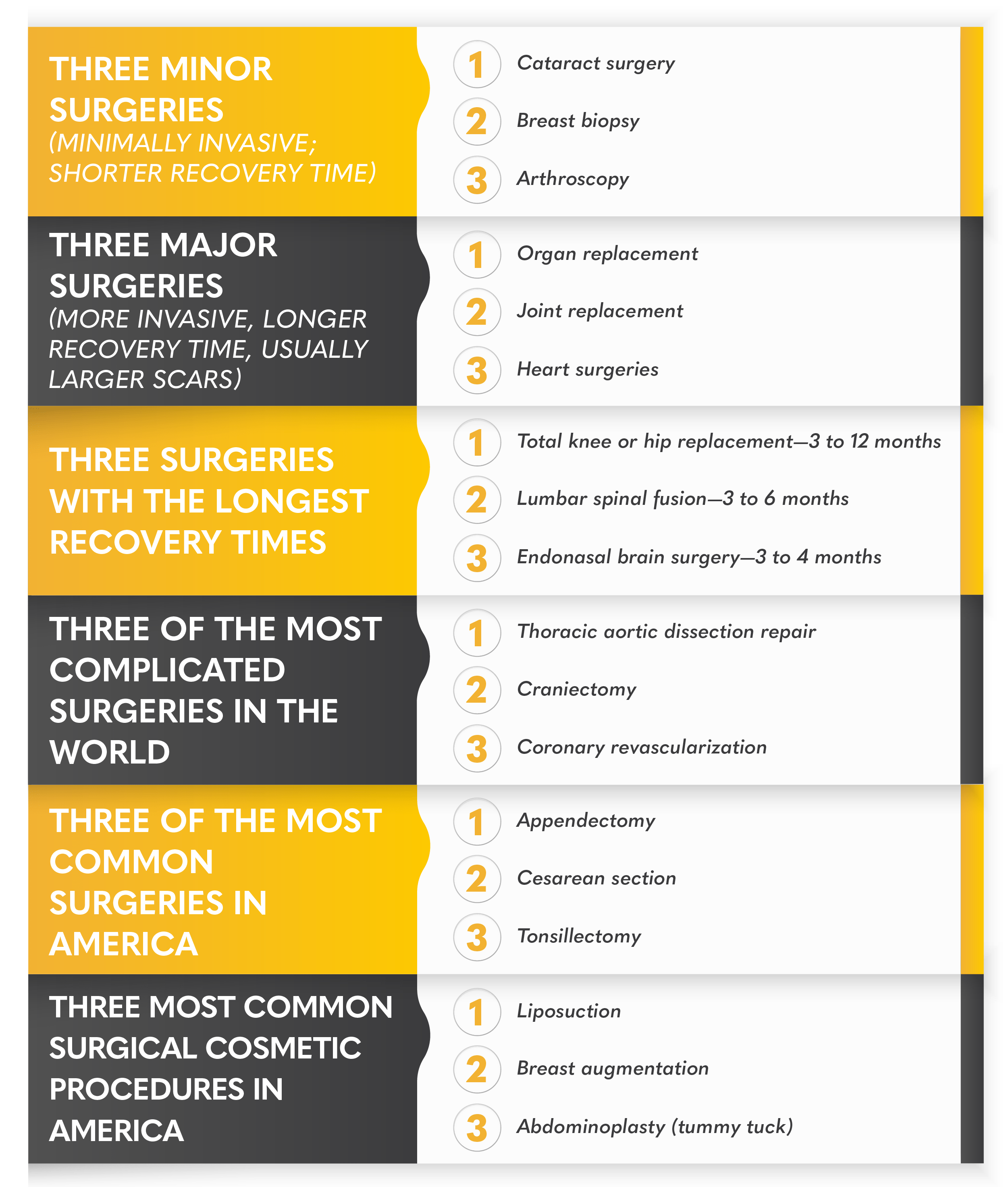
Most people feel a bit uneasy leading up to a surgical procedure—the idea of being vulnerable while unconscious, the unknowns surrounding the outcome of the procedure, or the worry about pain during recovery and effort during physical therapy can all weigh on the mind.
Research indicates that approximately 75% of people are anxious before surgery. There are several methods to relieve this type of anxiety. One action that might help is to gather information about the surgery beforehand. This information could include what the entire medical process entails, specifics about the surgical procedure, possible complications, and expected results.
Another thing that might calm your mind and increase your confidence in the surgical team is to learn more about surgeries and surgeons in general. Ensuring patient safety is at the heart of the Hippocratic Oath: First, Do No Harm. The oath that physicians take establishes their primary duty, which is to prevent patient harm or suffering by prioritizing treatment benefits over potential risks.
A Few Facts About Surgeons
Surgeons take their job very seriously and their number-one goal is to provide the patient with the very best possible outcome in any given situation. Do you know what it takes to become a surgeon in the United States? Nearly unparalleled commitment, dedication, intelligence, skill, and work ethic. It takes more than a decade of schooling and residency work to become a fully licensed surgeon—more time than any other doctor or physician. Surgeons can then choose from 14 subspecialties including neurosurgery and orthopedics.
It’s a good thing we have educated and experienced surgeons in these subspecialities, because an estimated 40 to 50 million surgeries take place in the United States each year. That is a lot of surgery!
Sign up to get the latest industry news and offers right in your inbox
A Few Facts About Surgeries
Surgeries are generally divided into two main categories—minor procedures and major procedures. There are several determining factors that go into the categorization.

Here is some additional information about surgeries that might interest you and help set your mind at ease.

Of course, every surgery is a serious endeavor, and every surgery requires the skill and precision of an experienced surgeon. If asked for a list of “the three most important surgeries,” the answers would probably be—whatever surgery you’re scheduled to have!
Ten Questions to Ask Your Doctor Before Scheduling Surgery
According to Johns Hopkins, “a well-informed patient tends to me more satisfied with the outcome or results of a procedure,” and they suggest asking the following questions before scheduling a surgery:
- What is the operation being recommended, and why is it necessary?
- What are my alternatives to this procedure? Are there other treatment choices available based on my current medical condition?
- What are the benefits of the surgery and how long will they last?
- What are the risks and possible complications of having the operation?
- What happens if I do not have the operation?
- What is the healthcare provider’s experience in doing this procedure?
- Where will the surgery be performed?
- What are the costs of this operation?
- What type of anesthesia will be administered?
- What can I expect during recovery?
Again, many patients find knowledge to be helpful. Knowing beforehand how the event will unfold takes a lot of the stress away.It’s been said that knowledge is power, so here are a few standard stages surgery patients go through that you can be aware of ahead of time. Every surgery is different, as is the process at each facility, but this will give you a general idea of how things will progress. For specifics, talk to your providers.
Most surgical facilities schedule patients to arrive about two hours before the surgery will start. The front office staff will check you in, perhaps have you review and sign a few forms, and depending on the type of procedure, verify that you have an authorized caretaker present with you.
Then you will talk to a nurse assigned to your case, discuss your medical history, and confirm any current medications you’re taking or any prep work you were directed to complete before arrival. You’ll likely have a chance to talk to your surgical team about how the surgical flow will proceed.
Generally, a surgical team is comprised of several licensed professionals including but not limited to a registered nurse, an operating room nurse, a surgical tech, a certified registered nurse anesthetist, and anesthesiologist, and a surgeon or team of surgeons. The specialists (and number of specialists) on your particular team will depend on the procedure being performed.
For surgical procedures, Champion has your back!
No matter the surgery being performed, the innovative procedure chairs in our TMM Collection optimize patient flow from admission to discharge, all on a single surface. This can help to minimize risk, maximize space, and enhance productivity.
We understand the importance of keeping patients and their families safe and comfortable throughout their care experience. For recovery rooms, Champion offers powered recline, heated seats, built-in massage, and USB charging ports to ensure patient comfort and functionality.
We haven’t forgotten about the healthcare providers who are doing blood work, taking vitals, performing the surgical procedures, changing bandages, and caring for the patients throughout this entire process. Champion’s clinical essentials line was designed with you in mind.
Want to learn more? A Champion team member would be happy to help you evaluate any of our products for your facility.
Learn More
